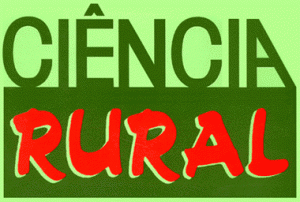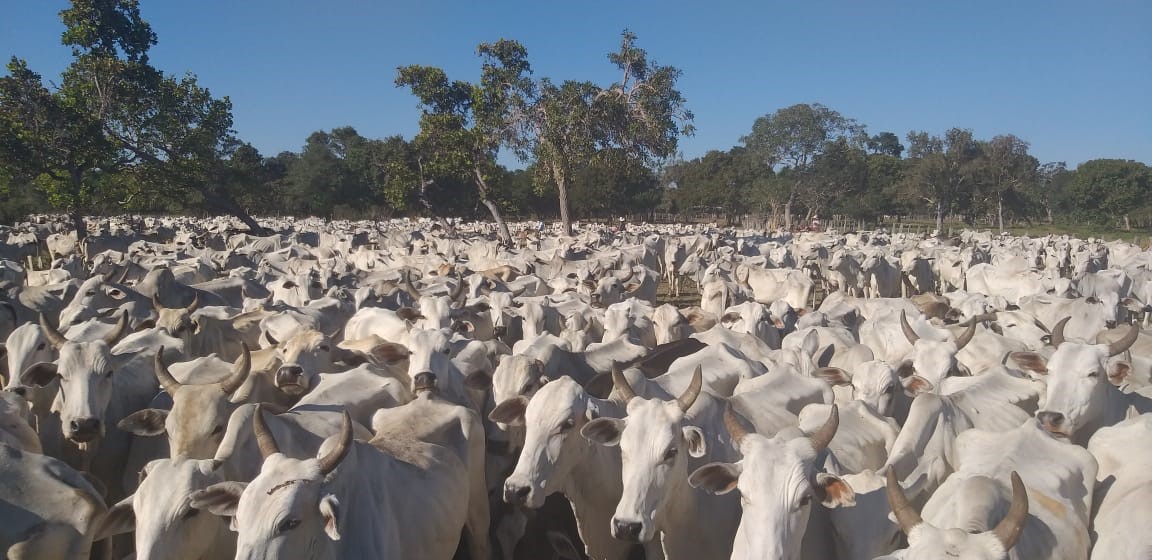Maria Luiza De Grandi, journalist of Ciência Rural. Santa Maria, Rio Grande do Sul, Brazil.
Lechan Colares Santos, professor of Business School Unoeste (BSU), at Universidade do Oeste Paulista (UNOESTE). Presidente Prudente, São Paulo, Brasil.
 According to 2017 data from the United States Department of Agriculture, Brazil is the holder of the second-largest herd of cattle in the world, becoming one of the most important economic activities in the country. However, there are historical conflicts between producers and the slaughterhouse industry regarding the purchase and sale of cattle. Researchers from Universidade Estadual de Maringá (UEM), Universidade do Oeste Paulista (Unoeste) and Kansas State University, in the United States, identified the influence of trust between cattle ranchers and the meat industry in choosing the contractual arrangement for the purchase and sale of cattle. The article “Contractual arrangements in the beef chain: an analysis of trust” was published in the Ciência Rural (vol. 50, nº 10).
According to 2017 data from the United States Department of Agriculture, Brazil is the holder of the second-largest herd of cattle in the world, becoming one of the most important economic activities in the country. However, there are historical conflicts between producers and the slaughterhouse industry regarding the purchase and sale of cattle. Researchers from Universidade Estadual de Maringá (UEM), Universidade do Oeste Paulista (Unoeste) and Kansas State University, in the United States, identified the influence of trust between cattle ranchers and the meat industry in choosing the contractual arrangement for the purchase and sale of cattle. The article “Contractual arrangements in the beef chain: an analysis of trust” was published in the Ciência Rural (vol. 50, nº 10).
The contractual arrangement defines how the transactions between the parties will be carried out, therefore, the study included 30 cattle breeders and five cattle slaughterhouses in the western region of São Paulo, Brazil. Questions such as the number of slaughterhouses with which they trade, the number of years negotiating with these slaughterhouses, the form of agreements, among others, were asked of the breeders. The answers were analyzed using a confidence variable, from 0 to 10. The results of the research showed that trust has a significant influence on the choice of the rancher according to the terms of the contract with the slaughterhouse industry.

Image: Lechan Colares.
According to the research, transactions in which trust is observed between the parties tend to be carried out under the “live weight” arrangement, allowing for better measurement of the negotiated attributes, and the possibility of fairer remuneration, in addition to offering greater transparency in the transaction. Transactions without trust between agents occur in dead weight, usually related to the production of lower quality cattle. In the “dead weight” arrangement, information failures associated with the imbalance of bargaining power generate uncertainty, inefficiencies and friction in transactions (MACHADO FILHO & ZYLBERSZTAJN, 1999; PASCOAL et al., 2011).
Being a pioneer in bringing the relationship of trust and contractual arrangements, the survey allows the producers to understand the decision-making process. “Trust between agents in a production chain is not easy to build and having this element as an important component in deciding the contractual arrangement and quality in the rural production segment is something that can put the beef chain in a position unfavorable in terms of global competitiveness.” explains researcher Lechan Colares Santos.
References
MACHADO FILHO, C. A. P. et al. Os leilões sob a ótica da economia institucional: evidências no mercado bovino. Gestão & Produção [online]. 1999, vol.6, no.3, pp. 269-28 [viewed 05 January 2021]. https://doi.org/10.1590/S0104-530X1999000300011. Available from: http://ref.scielo.org/qwhrwf
PASCOAL, L. L. et al. Trade relations among producer-retailindustry and its implications on differentiation and pricing of beef meat and byproducts. Revista Brasileira de Zootecnia [online]. 2011, vol. 40, pp. 82-92 [viewed 05 January 2021]. Available from: http://www.sbz.org.br/revista/artigos/66263.pdf
To read the article, acess
COLARES-SANTOS, L. et al. Arranjos contratuais na cadeia da carne bovina: uma análise da confiança. Cienc. Rural [online]. 2020, vol. 50, no. 10 [viewed 05 January 2021]. https://doi.org/10.1590/0103-8478cr20200127. Available from: http://ref.scielo.org/ygpfxh
External links
Ciência Rural – CR: http://www.scielo.br/cr
Ciência Rural: http://coral.ufsm.br/ccr/cienciarural/
Como citar este post [ISO 690/2010]:


















Recent Comments